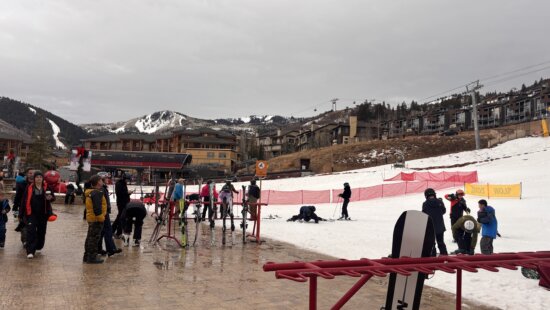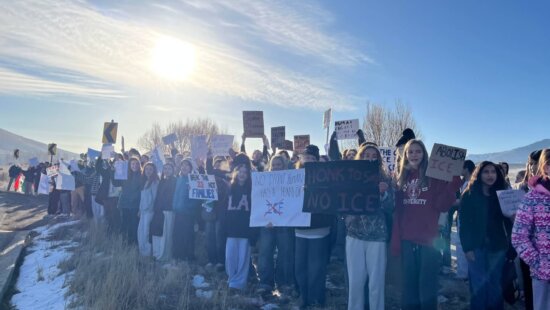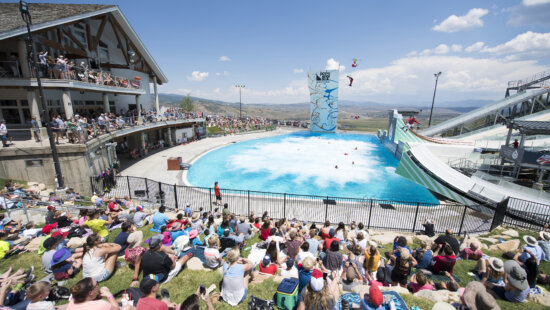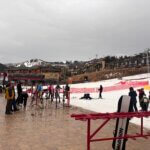Environment
Indian Garden officially renamed Havasupai Gardens
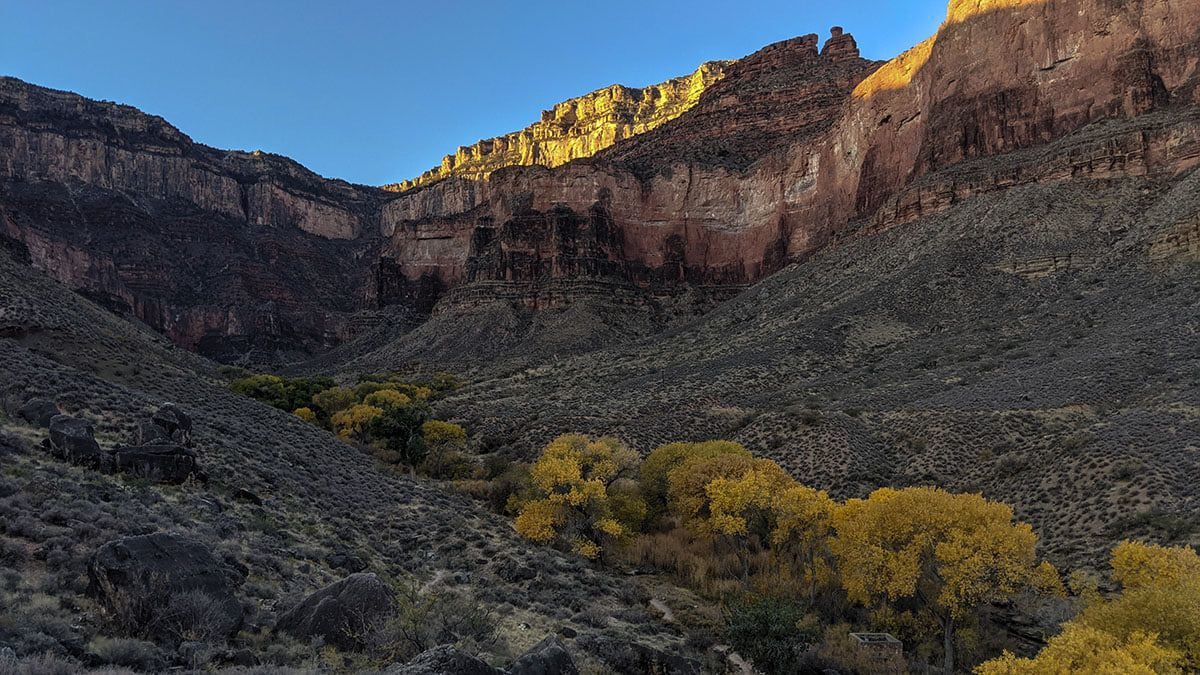
Havsupai Gardens during fall colors. Photo: NPS Photo//K. Pitts
GRAND CANYON NATIONAL PARK, Ariz. — The U.S. Board of Geographic names voted unanimously earlier this month in favor of renaming Grand Canyon National Park’s Indian Garden to Havasupai Gardens.
The November 21 announcement followed a formal request submitted by the National Park Service on behalf of the Havasupai Tribe to change the name.
Havasupai Gardens sits along the popular Bright Angel Trail in Grand Canyon National Park, and is a common stop for hikers and backpackers. However, the spot was originally called Ha’a Gyoh by the Havasupai people.
“The National Park Service (NPS) instituted policies that forced the Havasupai people from Ha’a Gyoh and in 1928, the last Havasupai resident, Captain Burro, was forcibly removed.” Said a press release from the NPS. “Havasupai people continued to live and work within Grand Canyon National Park, despite the forced removal from the inner canyon.”
“The eviction of Havasupai residents from Ha’a Gyoh coupled with the offensive name, Indian Garden, has had detrimental and lasting impacts on the Havasupai families that lived there and their descendants,” Thomas Siyuja, Sr., chairman of the Havasupai Tribal Council, said in a press release. “Every year, approximately 100,000 people visit the area while hiking the Bright Angel Trail, largely unaware of this history. The renaming of this sacred place to Havasupai Gardens will finally right that wrong.”
According to the NPS, efforts are currently underway to update signage, website and other materials with the new name.
“The people of the Havasupai Tribe have always called the vast Grand Canyon and the plateau lands south of it our homeland,” Siyuja said. “The Creator made the Havasupai People the guardians of the Grand Canyon, and this is a role that we take very seriously. We are a small tribe. But our voices and our spirits are large.”
The Havasupai Tribe and NPS are currently planning a rededication ceremony for the gardens in early Spring 2023.
Havasupai Gardens is the latest location to be renamed in a larger movement throughout the U.S. Earlier this year, nearly 650 geographic features featuring the word “squaw” were renamed by the Derogatory Geographic Names Task Force when the word was removed from federal use.
The term “squaw” has historically been used as an offensive ethnic, racial and sexist slur, particularly toward Indigenous women.
“I feel a deep obligation to use my platform to ensure that our public lands and waters are accessible and welcoming. That starts with removing racist and derogatory names that have graced federal locations for far too long,” Secretary Deb Haaland said in a press release. “I am grateful to the members of the Derogatory Geographic Names Task Force and the Board on Geographic Names for their efforts to prioritize this important work. Together, we are showing why representation matters and charting a path for an inclusive America.”
54 locations in or partially in Utah were renamed during this time, including the former Squaw Creek in Wasatch County, which is now named Kweeyahgut Creek.















